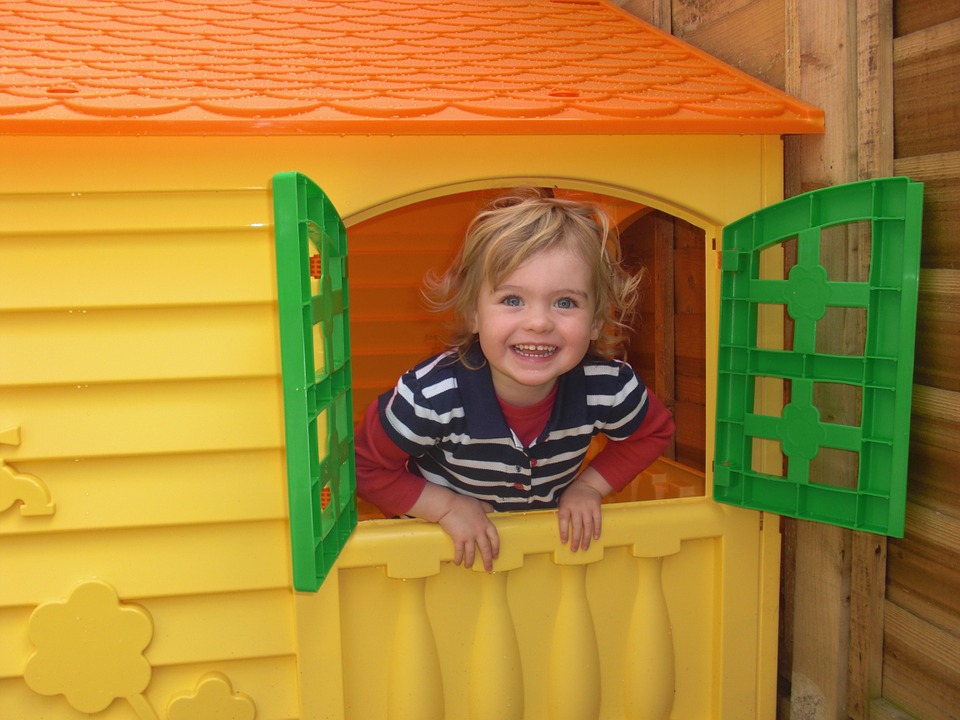Play is a child’s natural way of communicating and is their first language. In play children communicate what has happened, is happening, or is wished to happen. Toys are used as words and play is the language. Play therapy allows children the opportunity to communicate to their counselor in their first and most comfortable language. Extensive research has supported that play therapy is the most productive type of therapy for children aged 4-8.
Many parents believe their children don’t “play” anymore and yet some of the research proven therapeutic benefit from play therapy is the unstructured opportunity for a child to create and express their inner thoughts and feelings with the specific therapeutic mediums offered. For those clients aged 10 and up we utilize a bigger room deemed the “activity room” and offer other therapeutic options as well.
In play therapy children are provided special toys and the opportunity to say or do what is often difficult for them to put into words or actions. The play therapist is specially trained to respond to your child in therapeutic ways that allow her/him to process what has happened, is happening or is wished to happen in a safe and supportive environment.
All children face some difficulties in life, but some children have a harder time than others coping with their stresses. If you or your child’s teacher or pediatrician has concerns about your child’s mood, behavior or adjustment, play therapy is the recommended approach to help your child.
It’s understandable that quick resolutions to current problems are very important to you. We realize that by bringing your child to a professional counselor, a difficult situation exists. We empathize with you. However, most children need time to begin to trust a new person in their life and feel safe enough to show what is really going on in their world. It is critical for your child to have time to build this trust in order for your child to make progress. It will likely take several sessions for your child to feel comfortable enough with the therapist to begin to play out their troubles. It is very important that you keep your regular appointments on a weekly basis to facilitate the change you desire. Each child is different and the time it takes them to work through issues and concerns may be different from the timetable you would like.
No. It is essential that your child knows that what is shared in the playroom is private. It must be their decision as to what they choose to share with you. However, rest assured that your child’s counselor will update you on a regular basis as to what would be helpful for you to be aware of or to focus on at home. Your child’s counselor will meet with you once every 5 sessions or so to share what themes they are seeing and how you can best support your child. The counselor will do everything possible to help your child.
You may tell your child that they “will be going to a special play/activity room every week with ______________ because when children have troubles it often helps to have a special place and time to themselves.” Try hard to communicate with your voice and tone that the special time is meant to be a help and is not a punishment for them and not an annoyance to you.
The counselor meets with the parent(s)/guardian(s) first to gather information and get a clear picture from you what the difficulties are. You will have the opportunity to ask questions. The counselor will show you the playroom and give you specific instructions regarding the first appointment and beyond.
Bring your child to session in clothes that are OK to get messy or play in.
- Take your child to the bathroom when you arrive at the office.
- The therapist will come to the waiting room for your child and tell them, “It’s time to go to the play room.” Simply remind your child that you’ll be in the waiting room when their time is finished.
- After the session is over, either in the waiting room or on the way home, refrain from asking questions about the session.
- Refrain from talking about your child to the therapist in front of your child.
- Call or email the therapist when you need to contact them.
- Know that YOU are the most important person in your child’s life and your involvement and support are essential to your child’s well-being.
Christian Counseling Office Locations Available:
No results found in this location. Please try again.

